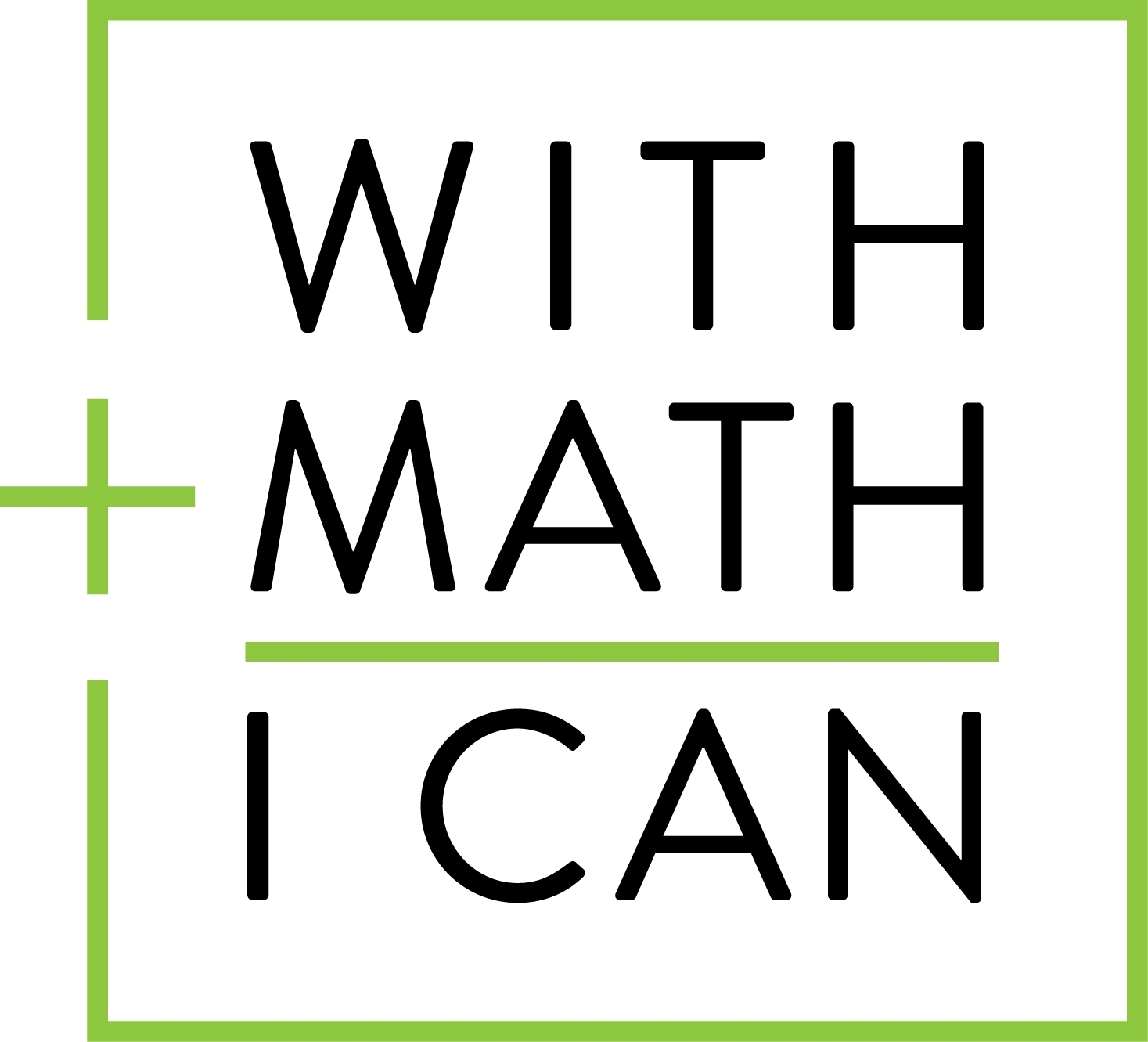This year my district is embarking on an exciting venture. We are actively working to build a math community! Our work started last year when we analyzed and piloted several math programs. When one program surfaced to the top, we started to learn about teaching with a mathematical mindset. I was already very familiar with growth mindset. This was something different - focusing on math.
Since that time many educators in our district have started to delve into Jo Boaler's Mathematical Mindset. What an amazing resource! Our district is embracing this thinking. Our goal is to create critical problem solvers that have a love of math, starting in the primary grades.
Within the first few days of this new school year, I stopped into a couple second grade classrooms to see the beginning stages of this mathematical mindset in action. Teachers had already introduced some powerful vocabulary to their learners: perseverance, flexibility, optimism, empathy, and resilience. The goal of the lesson I observed was for these little mathematicians to show what a mathematical mindset looks like.
They had seven big ideas to illustrate:
- Isn't to heart warming to see how this learner is celebrating math?

- Don't you just love the "oopps" for a mistake?
- The perplexed face on this sketch really speaks to confusion and the power of asking questions.
- It's so exciting for a second grader to articulate many ways to solve a problem. Remember this is just the first few days of school.
- Math learning is social. We learn by talking about the math and sharing our ideas with each other.
- This mathematician paints a perfect picture that faster is not better. Many times faster results in careless errors. Furthermore. students need to hear the message that processing time is needed for deeper learning and making connections in math.
- This sketch captures the importance of learning over time.
These little people were spot on! I am giddy with excitement as I think of how strong their mathematical mindset will be as they continue to grow and learn.
Making this mindset work explicit for students is the first step. Next we will need to keep these big ideas living and breathing during math learning each and every day. Celebrate asking questions and learning from mistakes!
What are you doing to build a positive math culture? Share your ideas. We all learn from each other.








No comments:
Post a Comment